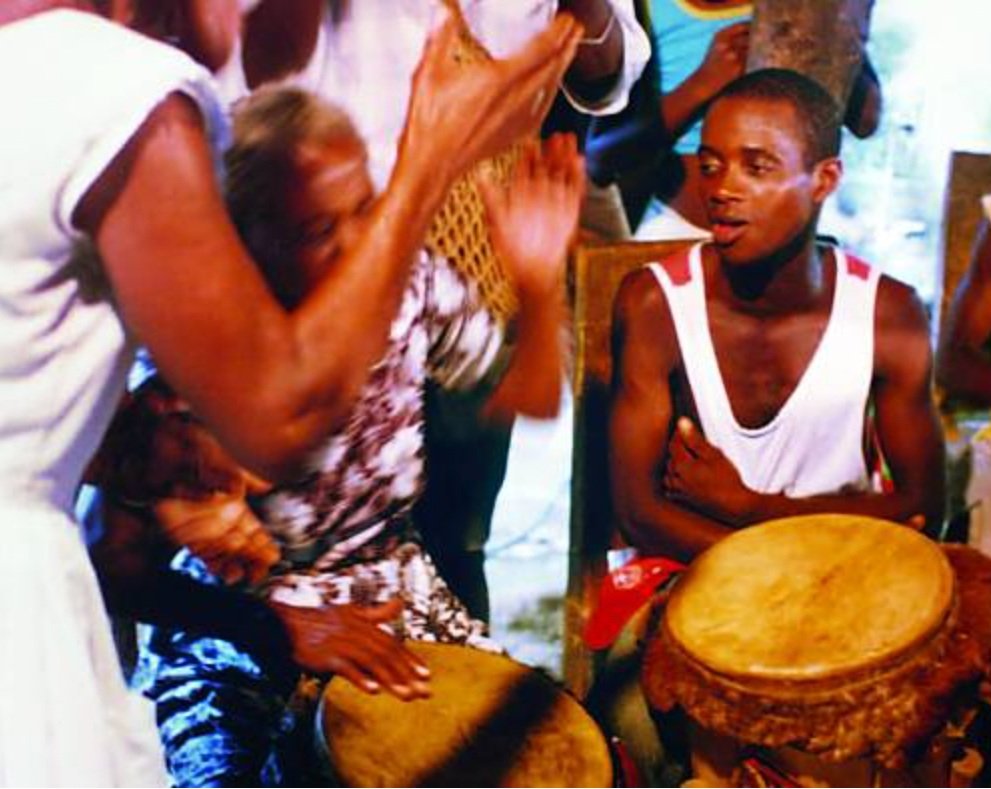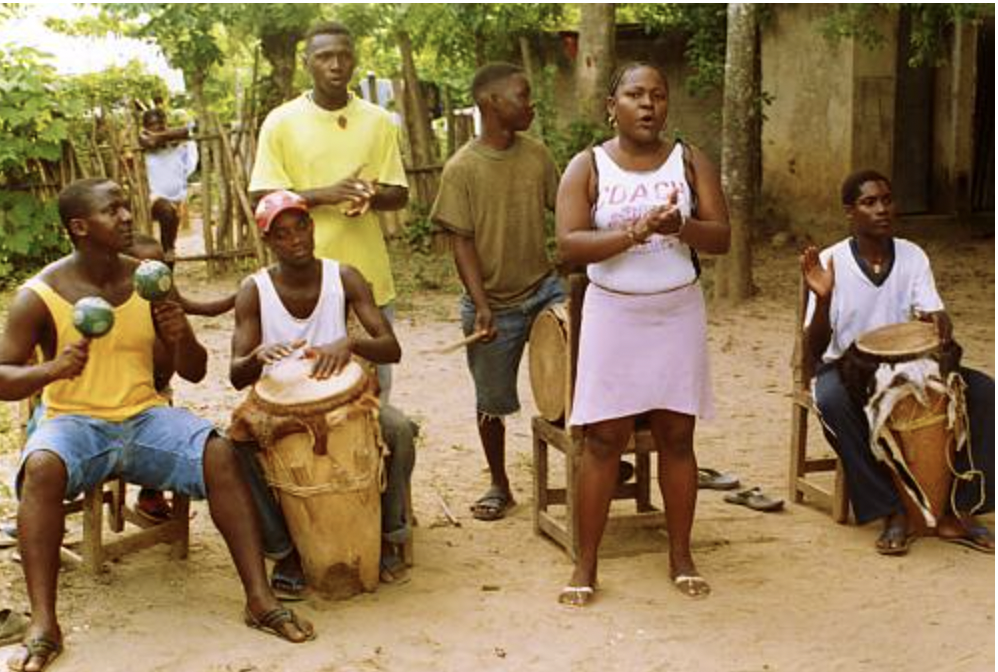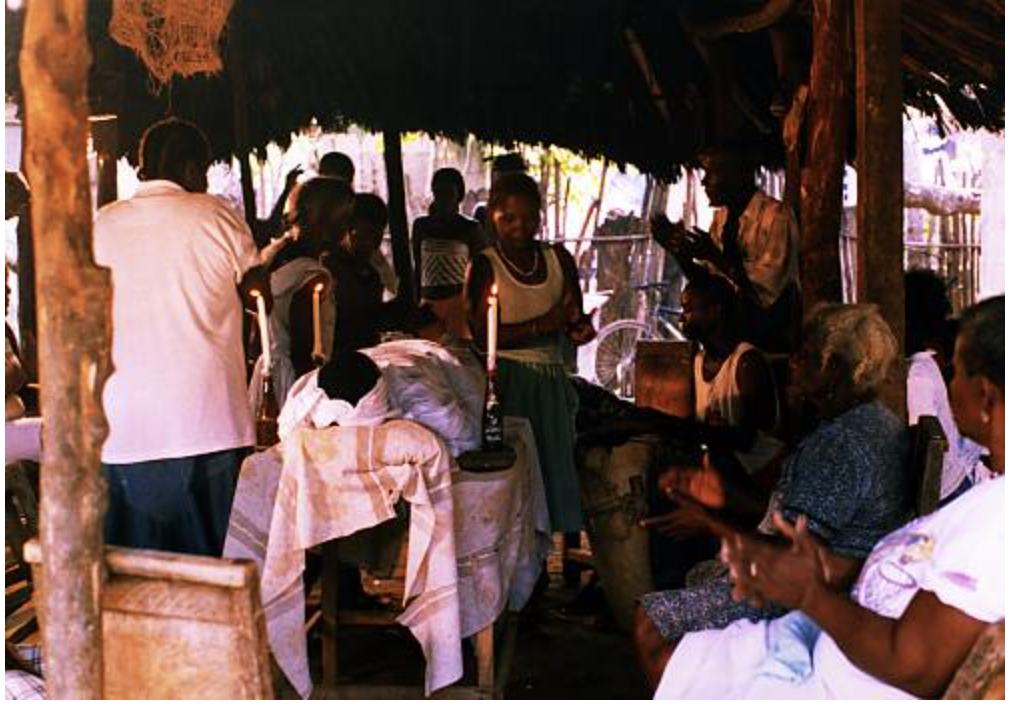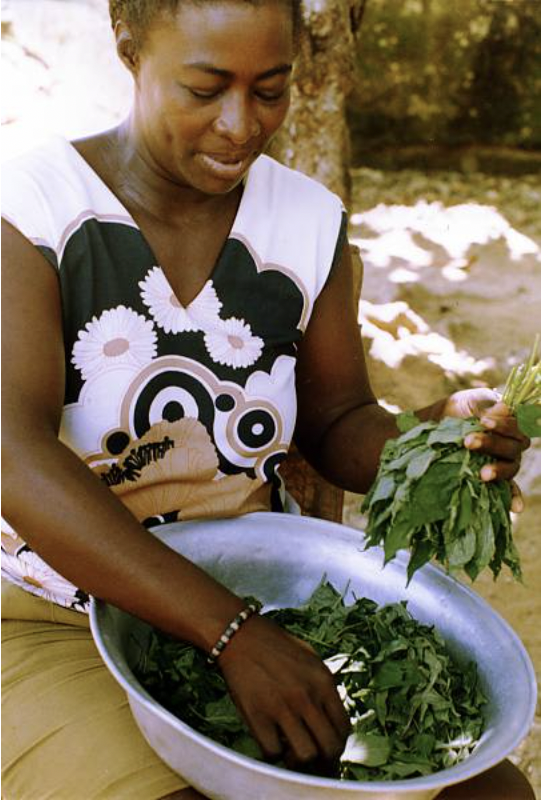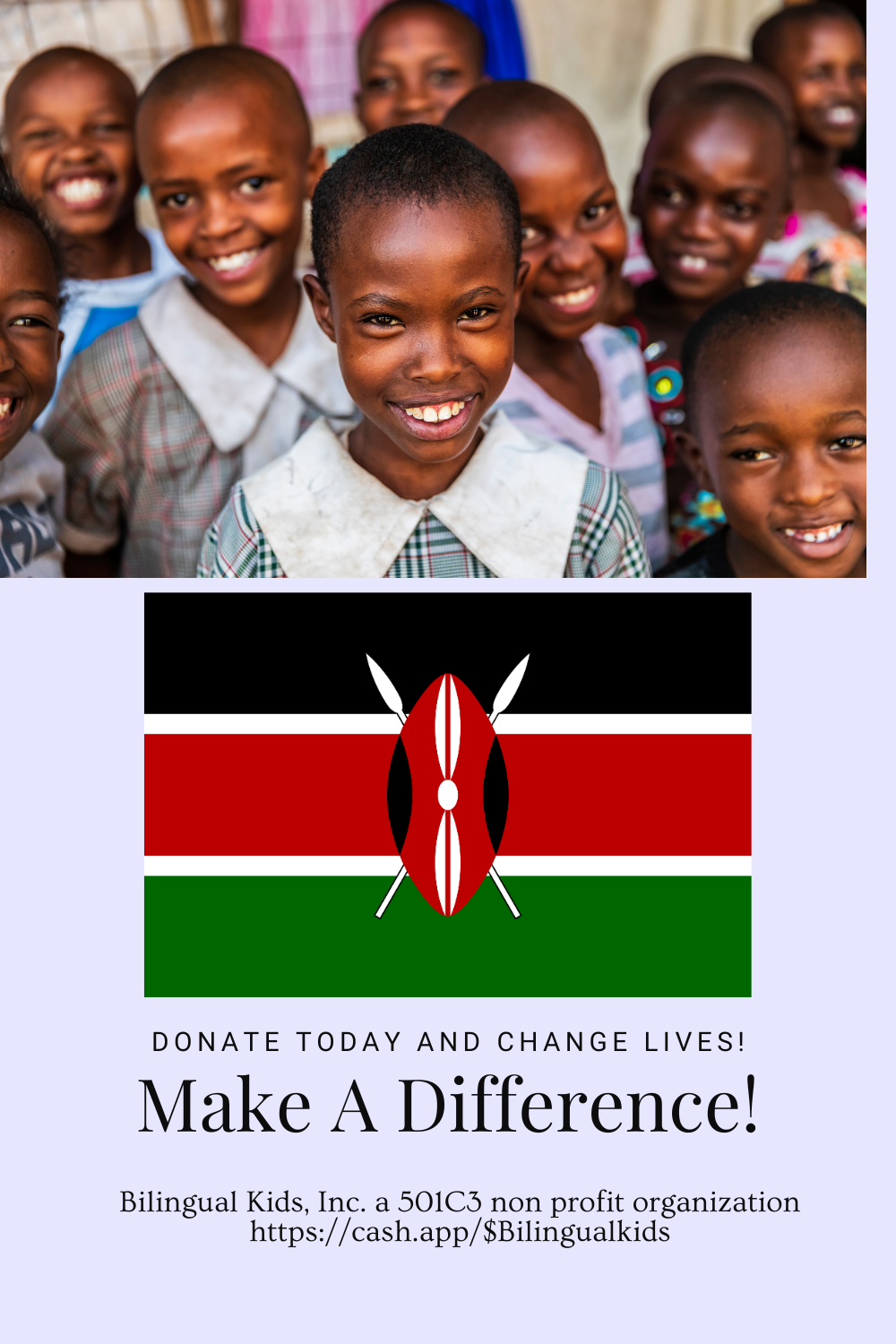Did you know that there is an International Decade for People of Afro Descent?
In proclaiming this Decade, the international community is recognizing that people of African descent represent a distinct group whose human rights must be promoted and protected. Around 200 million people identifying themselves as being of African descent live in the Americas. Many millions more live in other parts of the world, outside of the African continent- United Nations Website
The International Decade for People of African Descent, spanning from 2015 to 2024, is a significant global initiative aimed at addressing the challenges faced by people of African descent around the world. This decade-long campaign, recognized by the United Nations, is an opportunity to reflect on the progress made, the actions taken, and the work that remains to be done to promote justice, equality, and the full realization of human rights for African descendants. In this blog post, we will explore what the International Decade for People of African Descent is, highlight the United Nations' involvement, discuss efforts made by different countries, and explore how individuals and communities can make a difference in the remaining years of this vital initiative.What is the International Decade for People of African Descent?
The International Decade for People of African Descent, launched by the United Nations, began on January 1, 2015, and is set to conclude on December 31, 2024. Its primary goal is to promote respect, protection, and the fulfillment of the rights of people of African descent worldwide, who often face systemic discrimination, racism, and socioeconomic disparities.United Nations' Role
The United Nations has played a pivotal role in spearheading this initiative. Some key actions and initiatives by the UN during this decade include:Adoption of the International Decade: In December 2014, the United Nations General Assembly adopted a resolution to establish the International Decade for People of African Descent.The Program of Activities: The UN devised a comprehensive program of activities to raise awareness about the challenges faced by African descendants, encourage partnerships, and drive action. This includes conferences, forums, and awareness campaigns.The Decade's Three Pillars: The initiative focuses on three key pillars: Recognition, Justice, and Development. These pillars serve as guiding principles to address the specific needs and challenges faced by people of African descent.
Country Initiatives Over the Past Nine Years
Throughout the past nine years, various countries have undertaken initiatives to address the issues facing African descendants within their borders. These initiatives range from policy changes to social programs and community empowerment projects:Brazil: Brazil, with its large Afro-Brazilian population, has made efforts to address racial disparities through affirmative action policies in education and the workplace.South Africa: South Africa's ongoing efforts to address the legacy of apartheid include land restitution programs and initiatives to combat systemic racism.United States: Initiatives like the My Brother's Keeper Alliance aim to address disparities in education, employment, and criminal justice that disproportionately affect African Americans.Colombia: Colombia has recognized the importance of acknowledging its African heritage and has implemented programs to promote Afro-Colombian culture and improve living conditions in Afro-Colombian communities.
Activities and Events
Over the past nine years, numerous activities and events have taken place globally as part of the International Decade for People of African Descent. These include:Conferences and Forums: Various conferences and forums have been held worldwide to discuss racial discrimination, cultural heritage, and social inclusion.Cultural Celebrations: Many countries have celebrated the rich cultural heritage of African descendants through festivals, art exhibitions, and cultural exchanges.Educational Initiatives: Educational institutions and organizations have organized workshops and seminars to promote awareness and understanding of the challenges faced by African descendants.
The World Conference Against Racism, Racial Discrimination, Xenophobia and Related Intolerance, often referred to as the Durban Conference, took place in Durban, South Africa, in 2001. This conference was a significant international event that aimed to address issues related to racism, racial discrimination, xenophobia, and intolerance on a global scale. Several key developments and outcomes emerged from the conference:Declaration and Program of Action: The conference resulted in the adoption of two important documents: the Durban Declaration and the Program of Action. These documents outlined a comprehensive framework for combating racism and related forms of discrimination worldwide.Discussion of Historical Wrongs: The Durban Conference provided a platform for discussions about historical wrongs, including the transatlantic slave trade and the impacts of colonialism. It encouraged countries to acknowledge the historical injustices related to racism and discrimination.Recognition of Reparations: Some discussions at the conference focused on reparations for the descendants of victims of the transatlantic slave trade and colonialism. While no binding commitments were made, the conference contributed to ongoing dialogues about reparatory justice.Concerns and Controversies: The conference was not without controversy. Some Western countries, particularly the United States and Israel, withdrew from the conference due to concerns about the tone and content of discussions related to Israel and the Israeli-Palestinian conflict. This led to criticisms and debates about the conference's effectiveness.Civil Society Engagement: The Durban Conference featured active participation from civil society organizations, human rights advocates, and representatives of marginalized communities. These voices played a crucial role in shaping the conference's discussions and outcomes.Ongoing Impact: While the conference itself concluded in 2001, it had a lasting impact on international discussions about racism and discrimination. The Durban Declaration and Program of Action continue to serve as reference points in efforts to combat racism and promote tolerance and equality.Follow-up Conferences: The Durban Conference had subsequent follow-up conferences and reviews to assess progress and challenges in combating racism. These events provided opportunities for countries to report on their efforts to address racism and intolerance.
Making a Difference
As individuals and communities, there are several ways we can make a difference in the remaining years of the International Decade for People of African Descent:Education and Awareness: Educate yourself and others about the history and challenges faced by African descendants. Awareness is the first step towards positive change.Support Local Initiatives: Get involved in or support local initiatives that aim to empower African descendant communities. This could include volunteering, donating, or participating in community events.Advocate for Change: Advocate for policies and initiatives that promote racial equality and justice. Support organizations working towards these goals.Promote Dialogue: Engage in open and respectful dialogue about racism and discrimination. Encourage conversations that lead to greater understanding and empathy.
“If you don’t tell people that they are beautiful just like they are, then they have to change. They have to straighten their hair, they have to date people with lighter skin, they have to make changes that are hurtful to themselves and others.””
This is an interview full of resources and information about the African diaspora in Latin America. Don’t miss it! Listen here.
Podcast notes
Interview with Dr. John Maddox from UAB University in Birmingham, Alabama.
What is an Afro- hispanist? Dr. Maddox considers himself an afro-hispanist, but what is that? In the context of discussions around racial and ethnic identities, an "Afro-Hispanist" could refer to someone who specializes in the study of the African diaspora and African heritage within Spanish-speaking or Hispanic communities. This could involve researching and analyzing the experiences, contributions, and cultural aspects of people of African descent in Spanish-speaking countries or regions, such as Latin America, the Caribbean, or Spain.Events mentioned in the Podcast:
Santiago de Chile 2000-Black educators gathered to assert what rights need to be protected for black people in Latin America. At this event, “Afro descendants” was the phrase they chose for black people.Durban 2001- World Conference against Racism, Racial Discrimination, Xenophobia and Related Intolerance, located in Durban South Africa-declaration2003 in Brazil- Bill passed Afro Brazilian history is part of the curriculumPoets
Nicolas GuillénLangston HughesAuthors/Writers
Martha Moreno-VegaGabriel Garcia MarquezAlejo CarpentierManuel Zapata OlivellaAna Maria GonçalvesBartolome de las CasasJuan Francisco ManzanoQuince DuncanMayra Santos FebresWorks
Challenging the Black Atlantic- Dr. John MaddoxEl reino de Este Mundo-Haitian RevolutionYolanda Arroyo Pizarro- Las Negras a story of enslaved women in Puerto Rico"Mejorar la Raza"- a grandmother that is explaining to her granddaughter that she doesn't have to find someone lighterCuentos Afro Cubanos by Lidia CabreraPhoto credit: © Ministry of Culture of republic of Colombia
Other mentions
Who is Bolsonaro?Mari Elba Torres Muñoz- Mexican/ Puerto Rican- Hosted the first afro descendants conference in Puerto RicoAna Irma Rivera LassénDavita Martin ObuchualaBernardino Perez MirandaFolklore Palenque de San BasilioMovie-cimarrón- historical slave rebelAmarElo
Other Resources about this topic:The Organization of American States-The Decade for People of African DescentUniversity of Puerto Rico Creates Afro-Diasporic and Racial Studies ProgramEmpowering Afro-descendant communities in Latin America
What is the Palenque de San Basilio?- “Maroons”- term used in literature. These Descendants lived in isolation for years.Palenque de San Basilio, often simply referred to as "San Basilio de Palenque" or "Palenque," is a historic Afro-Colombian village located in the Bolívar Department of Colombia, near the city of Cartagena. It holds immense historical and cultural significance as one of the earliest communities of African descent in the Americas.La Perla- poorest neighborhood in San Juan, many afro descendants reside there.Contact Dr. Maddox- UAB University Join us in supporting Harvest International School in Nairobi, Kenya! We have 300 kids that were rescued from the streets of Nairobi, Kenya who are serious about pursuing an education. We can’t do it alone. It takes $1500 to pay all the teachers and handle all the operating costs. Would you please join us today in donating any amount to help us with this cause? Donate here and subscribe to our monthly newsletter where you will be informed about the students and happenings at the school. We appreciate your support!This article has Amazon affiliate links. I may receive a portion of the earnings through purchases on this page.






